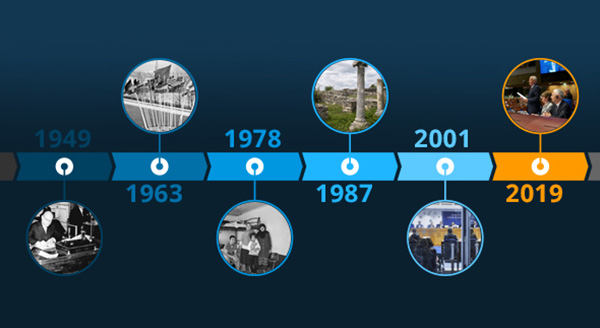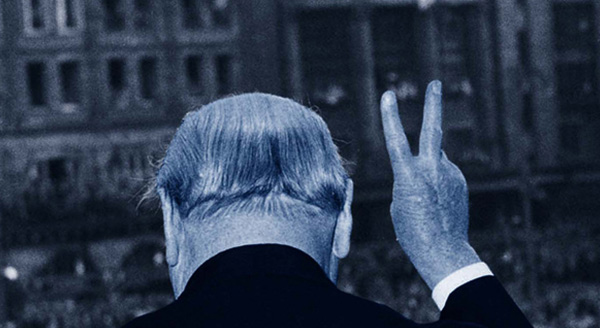
Do you live in a European country that is part of the Council of Europe? Then your human rights are protected every day, in everything you do, thanks to the European Convention on Human Rights.
That makes the Convention one of the most important international treaties, and the cornerstone of everything the Council of Europe does. Now in its seventieth year, it is still changing lives everywhere.
Join us as we look back at the way it has changed the landscape of our lives and look forward to facing the challenges of the future.
 Twelve people – twelve stories
Twelve people – twelve stories
Anyone can find their lives turned upside down and become the victims of injustice, violence, unfairness or discrimination. That’s why we all have the right to bring our cases to the European Court of Human Rights in Strasbourg. From escaping the shadow of trafficking and domestic violence to reclaiming the right to speak up for what they believe, here are the stories of twelve people who used the European Convention on Human Rights to set the record straight.

 Council of Europe’s 70 years
Council of Europe’s 70 years
Since its inception, the European Convention on Human Rights has guided everything we do. Step back in history through our timeline of the Council of Europe’s 70 years to track the milestones and learn more about the people who devoted their lives to building human rights in Europe, and take a virtual tour of the Court. Want to discover more about the people whose lives have been changed? Take a look at our Council of Europe’s 70 years website.

 Human rights are more important than ever in times of crisis
Human rights are more important than ever in times of crisis
The European Convention on Human Rights is at the heart of everything the Council of Europe does – even when it comes to protecting human rights during a pandemic.

 Stories from history
Stories from history
The human rights convention has played an important role in creating today’s Europe.
Learn more about the ECHR
 How did the ECHR come into being?
How did the ECHR come into being?
Discussions on how the charter would look began at the first meeting in Strasbourg in August 1949. Leading the debates were Nuremberg trial prosecutor Sir David Maxwell-Fyfe, a British MP and lawyer, and former French resistance fighter Pierre-Henri Teitgen, who together drew up a list of rights inspired by the United Nations Universal Declaration of Human Rights, adopted two years before.





